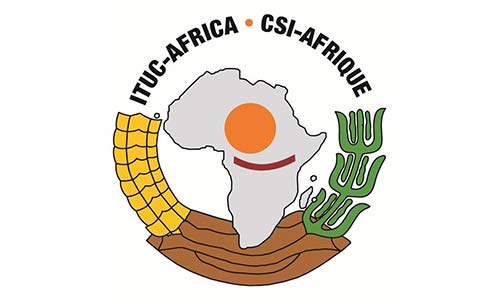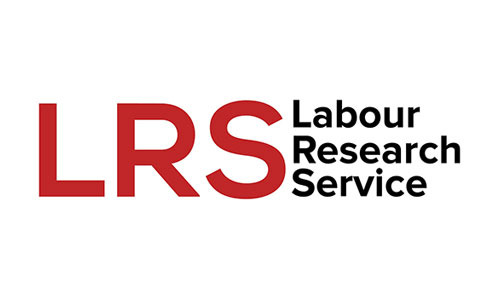Namibia is negotiating in the African Continental Free Trade Area (AfCFTA) agreement as a block under the Southern African Customs Union (SACU – 2002 Statute). As of July 2021, the AfCFTA is not effected, as rules of origin are not finalised. Capital flow and investments are the priority for the country in the first phase of the AfCFTA negotiations, with Trade in Services open up to 97.5% and Trade in Goods open up to 90% for the AfCFTA trade. The service industries open to trade liberalisation include tourism, transportation, finance and banking. On trade in goods, Namibia is open in fisheries, agriculture and manufacturing industries.
Anticipated impacts on labour and employment
The AfCFTA’s impact on employment and labour can be considered in two aspects:
On the one hand, there is the opportunity for job creation through strengthened value chains. Trade liberalisation opens up Namibia to a bigger market where it can sell its products and resources.
“Borders are erased. There is a need to tap into this cross-border and people movement.” ~ Trade Union Congress for Namibia
“The market is bigger with continental free trade and there is a need to collaborate for maximum benefits.” ~ Namibia Informal Sector Organisation
“Clear calibration of all chains and how jobs can be protected should be planned out.” ~ National Union of Namibian Workers
On the other hand, the continental FTA presents the potential for job losses. There is a loss of diversity as the economy opens up, and this may cause job losses primarily in infant industries.
“I am afraid by opening up there is likely to be loss of diversity and Namibia is open to competition, which may have an impact on employment.” ~ Representative of Ministry of Trade and Industry
Integrating labour issues at trade negotiation
Social dimensions have become a part of trade negotiation. The study on Namibia shows that these have not been explicitly presented in the negotiations so far.
“Labour is considered as an intrinsic factor. The private sector (as presented by the Namibia Chamber of Commerce and Industry or other tripartite members) is considered to have factored in labour impacts. For now, the Ministry of Trade is just interested in an open market for capital flow, but there is little impact on unemployment. Labour services in Namibia need to have a decent agenda.” ~ Representative of Ministry of Labour
“Labour is not explicit in the negotiations. Moreover, trade unions do not directly contribute to the negotiations.” ~ Representative of Ministry of Labour.
Participation of labour representatives at trade negotiations
“AfCFTA is welcome. It will maximize intra-continental trade, but trade unions are not at the table. There must be an avenue where our issues need to be channelled.” ~ Trade Union Congress for Namibia
“We are happy that we have been invited to participate in Phase II of the AfCFTA negotiations, which include protocols on investment and dispute. We hope this window will help bring labour issues.” ~ Representative of Ministry of Labour
“Laws affecting the supply chain, job losses and trade agreements must have trade union involvement. The LLD (look-listen-decide) process must not be overlooked.” ~ National Union of Namibian Workers
Possible ways of engaging trade unions
Trade unions have clearly shown willingness to participate in the trade negotiations -and directly channel employment and labour issues that can be identified at the very beginning. There are two avenues, namely the national and regional entities.
“Namibia has a trade forum. We would love to be invited to participate. Let’s learn the hard lessons in the saga of RAMATEX, the Malaysian textile and garment multinational corporation, on how trade negotiations can lead to failure when the government acts alone.” ~ Trade Union Congress for Namibia
“We can get an example of the economic agreement with the European Union. Non-state actors took part in social dialogue. We channelled our issues through the Southern Africa Coordination Council (SATUCC), which also linked with partners in Europe.” ~ Trade Union Congress for Namibia
Read:
Six trade union responses to the impact of the AfCFTA in Namibia
LaRRI Namibia
The Labour Resource and Research Institute (LaRRI) is a research and education institute committed to the overall political and economic independence of all working people in Namibia and beyond. LaRRI fights for a fair, just social and economic Namibian society through labour research, education, and lobbying and advocacy.




